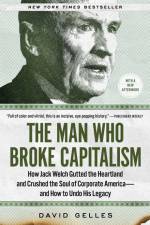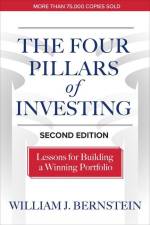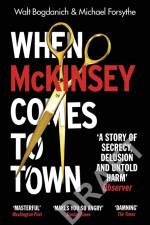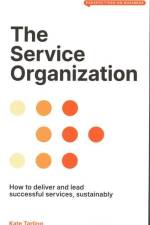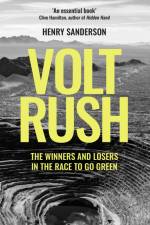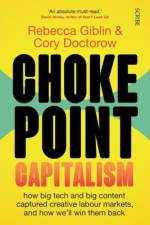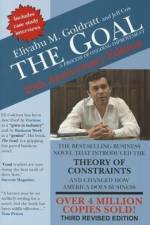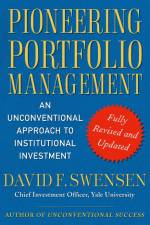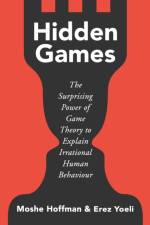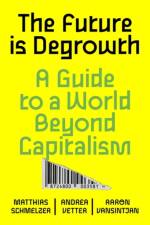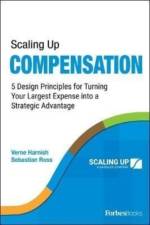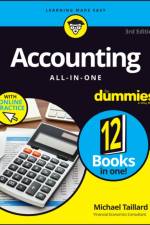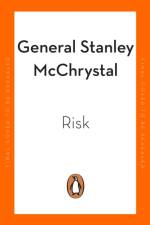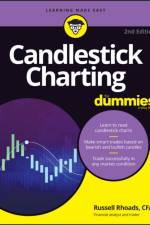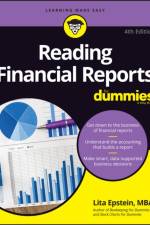av Dean Garratt, Alison Wride & John Sloman
1 015
Economics has never been so exciting to learn! The ninth edition of Economics contains the most up-to-the minute coverage and uses the latest data to track and analyse the impact of the global financial crisis on our economy. Economics is popular for its active learning and student-friendly approach, and the new edition retains its classic features that provide a solid foundation for the study of economics, while covering much of the recent turmoil in the economy. Comprehensive coverage of the credit crunch, the subsequent global recession, the legacy of debt, faltering recovery in the world economy and the policy debates about tackling the problems Complete update of boxes, examples and changes to data / legislation, including more cases that relate to policy development Want to see economics in action? Search online for the Sloman Economics News Site - a blog thats updated several times a week with current affairs and topical stories ... all linked into your textbook so you can explore the background to the issues more deeply. Need extra support? This product is the book alone, and does NOT come with access to MyEconLab. This title can be supported by MyEconLab, an online homework and tutorial system which can be used by students for self-directed study or fully integrated into an instructor's course. You can benefit from MyEconLab at a reduced price by purchasing a pack containing a copy of the book and an access card for MyEconLab: Economics, plus MyEconLab with Pearson eText., 9/e (ISBN 9781292064864). Alternatively, buy access online at www.MyEconLab.com. Use the power of MyEconLab to accelerate your learning. You need both an access card and a course ID to access MyEconLab: 1. Is your lecturer using MyEconLab? Ask your lecturer for your course ID 2. Has an access card been included with the book? Check the inside back cover of the book. 3. If you have a course ID but no access card, go to: http://www.myeconlab.com/ to buy access to this interactive study programme. Now in its 9th edition, Economics by Sloman et al is known and loved for its active learning, student-friendly approach and unmatched lecturer and student support. Retaining all the hall mark features of previous editions, it continues to provide a balanced, comprehensive and completely up-to-date introduction to the world of economics. Please note that the product you are purchasing does not include MyEconLab. MyEconLab Join over 11 million students benefiting from Pearson MyLabs.This title can be supported by MyEcpnLab, an online homework and tutorial system designed to test and build your understanding. Would you like to use the power of MyEconLab to accelerate your learning? You need both an access card and a course ID to access MyEconLab. These are the steps you need to take:1. Make sure that your lecturer is already using the system Ask your lecturer before purchasing a MyLab product as you will need a course ID from them before you can gain access to the system.2. Check whether an access card has been included with the book at a reduced cost If it has, it will be on the inside back cover of the book.3. If you have a course ID but no access code, you can benefit from MyEconLab at a reduced price by purchasing a pack containing a copy of the book and an access code for MyEconLab (ISBN:9781292064864)4. If your lecturer is using the MyLab and you would like to purchase the product...Go to www.myeconlab.com to buy access to this interactive study programme. For educator access, contact your Pearson representative. To find out who your Pearson representative is, visit www.pearsoned.co.uk/replocator



